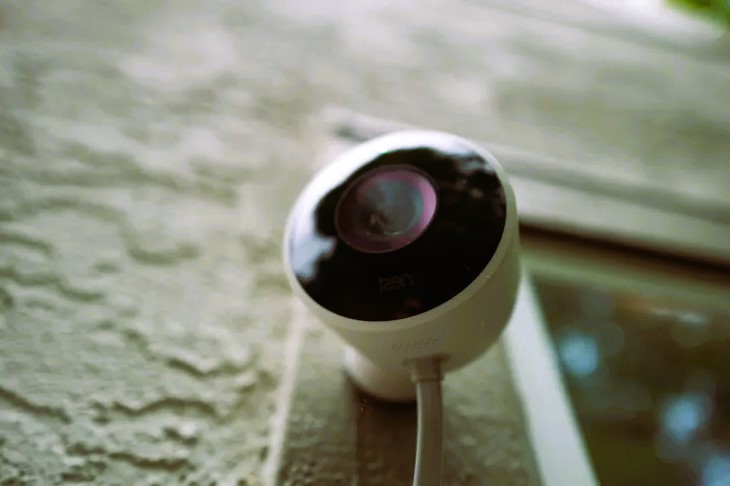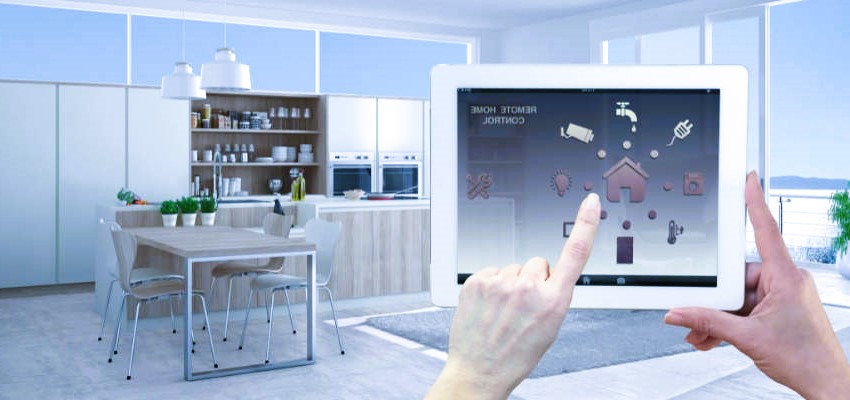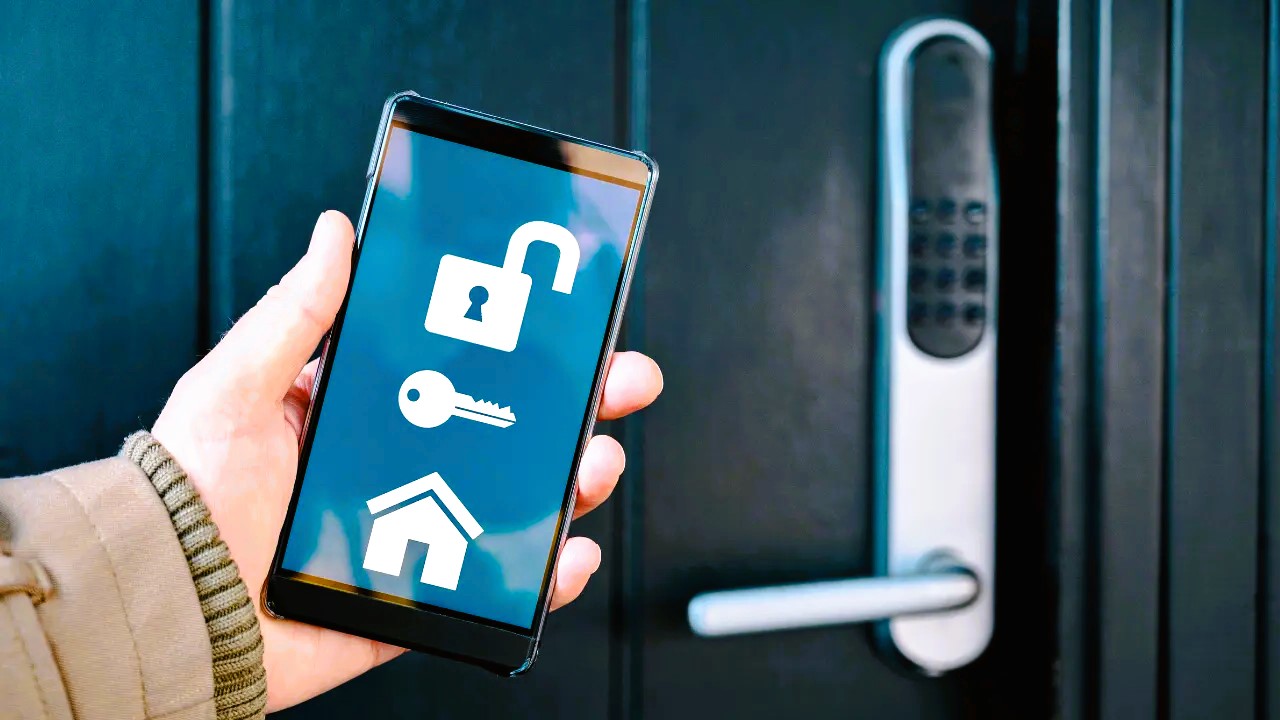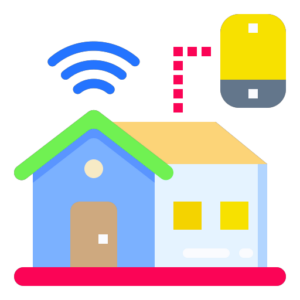The rapid advancement of technology has ushered in the era of smart homes, where devices and systems are interconnected to create an intelligent and automated living space. While smart homes offer convenience, efficiency, and enhanced control over various aspects of our daily lives, they also raise significant concerns about privacy and data security. In this article, we will explore the privacy challenges associated with smart homes and discuss measures to safeguard your data.
The Rise of Smart Homes
Smart homes integrate various devices and systems, such as smart thermostats, security cameras, voice-activated assistants, and interconnected appliances, to provide homeowners with unprecedented control and automation. These technologies offer the promise of increased energy efficiency, improved security, and a more personalized living experience. However, the extensive collection of data by these devices also opens the door to privacy vulnerabilities.
Data Collection in Smart Homes
One of the primary concerns in smart homes is the constant collection of data by connected devices. Smart thermostats monitor your heating and cooling preferences, security cameras record footage of your home, and voice-activated assistants process and store voice commands. This continuous data flow generates a comprehensive profile of your daily activities, routines, and even personal preferences.
Manufacturers argue that this data collection is crucial for enhancing user experience, providing personalized services, and improving the functionality of smart devices. However, the sheer volume of data collected raises questions about who has access to this information, how it is stored, and whether it is shared with third parties.
Security Risks in Smart Home Devices

Smart home devices are not immune to cybersecurity threats. Vulnerabilities in device software, inadequate security measures, and the risk of unauthorized access can compromise the privacy of homeowners. Incidents of hacking into security cameras, unauthorized access to voice recordings, and even instances of smart home devices being used in large-scale botnet attacks highlight the real and present dangers associated with the proliferation of smart technologies.
To mitigate these risks, manufacturers must prioritize robust security measures, including regular software updates, encryption protocols, and secure authentication methods. Additionally, users play a crucial role in ensuring the security of their smart home devices by implementing strong passwords, updating firmware promptly, and being vigilant about potential security threats.
Privacy Concerns with Voice-Activated Assistants
Voice-activated assistants, such as Amazon’s Alexa, Google Assistant, and Apple’s Siri, have become ubiquitous in smart homes. While these devices offer hands-free control and convenience, they also raise significant privacy concerns. Voice commands are recorded and stored to improve the accuracy of the assistant’s responses, but this data collection raises questions about user privacy. Setting up your smart home, more details here.
Concerns include accidental activation of voice assistants, unintentional recording of private conversations, and the potential for these recordings to be accessed or used without the user’s consent. Manufacturers have implemented features to address these concerns, such as the ability to review and delete voice recordings manually. However, users must remain vigilant and informed about the privacy settings and controls available to them.
Standards and Regulations for Smart Home Privacy
As the concerns surrounding smart home privacy grow, there is an increasing call for standardized regulations to govern the collection, storage, and use of data in smart homes. Regulatory bodies and industry organizations are working towards establishing guidelines that manufacturers must adhere to in order to protect user privacy.
One notable example is the General Data Protection Regulation (GDPR) in the European Union, which empowers users with greater control over their personal data. GDPR mandates clear and transparent communication regarding data collection practices, as well as the right for users to access, rectify, or erase their data.
In the United States, discussions around consumer privacy and data protection have prompted legislative efforts at both the state and federal levels. The California Consumer Privacy Act (CCPA) is one such example, aiming to enhance privacy rights and consumer protection.
Safeguarding Your Smart Home Privacy
As a smart home owner, there are several steps you can take to safeguard your privacy in the connected ecosystem:
- Review Privacy Settings: Regularly review and adjust the privacy settings of your smart devices. Many devices offer granular control over data collection and sharing preferences.
- Update Firmware: Ensure that all smart devices have the latest firmware updates. Manufacturers often release updates to address security vulnerabilities and improve overall device performance.
- Use Strong Passwords: Implement strong, unique passwords for each smart device to prevent unauthorized access. Avoid using default passwords, as these are often easily exploitable.
- Be Mindful of Voice Commands: Be cautious when using voice-activated assistants, especially in sensitive environments. Consider muting the microphone when not in use and regularly review and delete stored voice recordings.
- Monitor Device Activity: Regularly check the activity logs of your smart devices to identify any unusual or unauthorized access. Most devices provide logs that detail recent interactions and connections.
- Stay Informed: Keep yourself informed about the privacy features and policies of the smart devices you own. Manufacturers may update their privacy practices, and staying informed allows you to make informed decisions.
The Future of Smart Home Privacy

As the adoption of smart home technologies continues to rise, addressing privacy concerns will be paramount to building trust among users. Manufacturers, regulatory bodies, and consumers must work collaboratively to strike a balance between the benefits of smart technologies and the protection of individual privacy.
The future of smart home privacy will likely see advancements in secure data storage, increased user control over data sharing, and the development of more robust cybersecurity measures. Standardization and regulation will play a crucial role in shaping the landscape of smart home privacy, ensuring that user data is handled responsibly and ethically.
In conclusion, while smart homes offer incredible convenience and efficiency, it is essential for users to be aware of the potential privacy risks associated with these technologies. By staying informed, implementing security best practices, and advocating for robust privacy standards, individuals can enjoy the benefits of smart homes without compromising their personal data.
For more information on privacy standards and regulations, you can visit the Wikipedia page on Data Protection.


